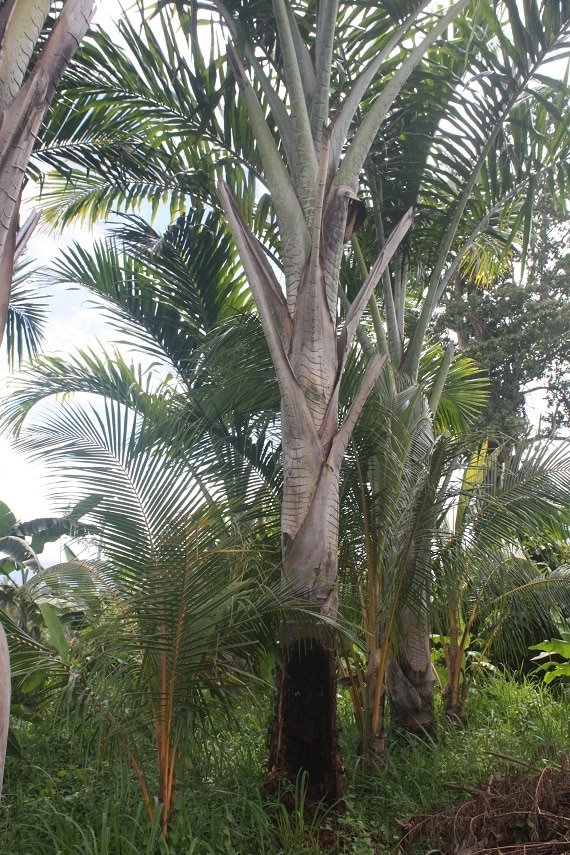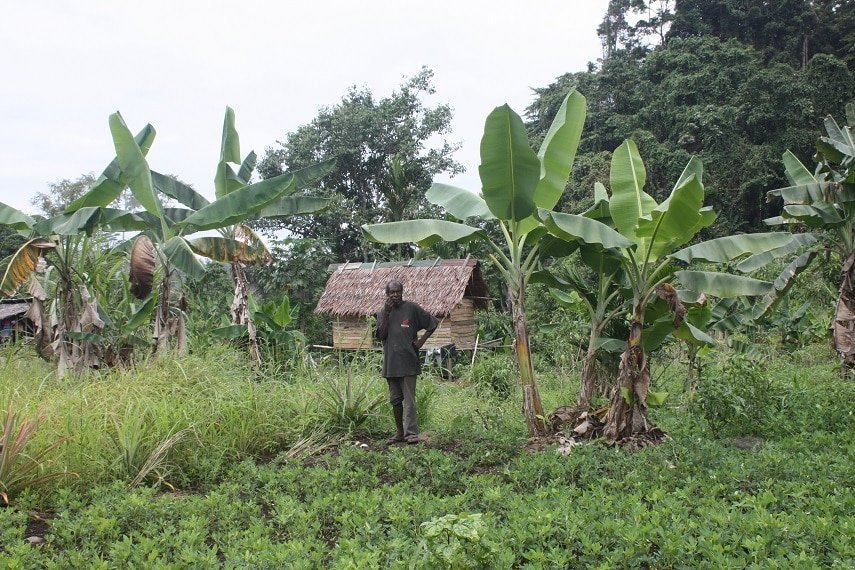As a biologist, I have always regarded my existence as the result of 3-billion years of evolution of life on earth. In that time, we’ve experienced many disasters that have placed us on the verge of extinction, yet life has persevered. For example, 2.2 billion years ago, and again 600 million years ago, we experienced at least two events called “Snowball Earth”. These were times when the surface of the planet was covered with a 1,000-meter-thick layer of ice. The sunlight could not reach the surface and thus photosynthesis is thought to have ceased. However, life did not just survive but flourished after these events and eventually led to human evolution.
Such incidents lead me to believe that the miracle of life is remarkable. Sustainability, through the importance of food production, has been an underlying theme throughout my life and career. It was after spending two years in Kenya as a volunteer science teacher that I truly understood the importance of food cultivation in people’s lives. From there I could not turn back. After this experience, I decided to pursue a career in agriculture, pivoting to plant pathology as my new path after seeing the devastation that plant diseases caused to life-sustaining crops in developing countries.
My Experiences in Local Food Production
My work in agriculture and plant pathology has taken me to areas around the world, allowing me to experience, first-hand, the important role of food production in local communities and how they have prospered through it. Eventually landing in the Pacific island nations, I experienced a new way of life through the local populations’ relationship with food. In Papua New Guinea and the Solomon Islands, every family had a spacious garden where all their food requirements were fulfilled. They grew their staple sweet potatoes or bananas, and vegetables. They also raised pigs and chickens for meat and eggs. Often, they caught fish from nearby streams. They did not harvest more than they needed, and no food was wasted. Money was not a necessity as far as their dietary needs were concerned.
These experiences provided me with admiration for the ways of local people. Not only were they deeply connected and respectful of the earth, but also possessed certain fundamental values of sustainability. Through the cultivation of their land, these simple communities used modest methods that carried tactful skills and a sense of ingenuity that only comes from growing and surviving off your own hand.

Embracing Sustainability When We Need It Most
Although the current COVID-19 pandemic is adversely affecting the daily routines we once took for granted, this can also be a time for us to reflect on our past unsustainable habits and embrace the beauty of life on earth. In fact, it is an opportunity for our societies to adopt a more sustainable way of life, embracing the Sustainable Developmental Goals (SDGs) which were agreed upon by nations around the world.
My work in Papua New Guinea continues. On the island of Bougainville, a mysterious disease destroyed most of the sago palms. We are currently selecting sago lines that are resistant to the disease. The selected elite lines of sago will be planted all over the island. During the survey of the sago palms, we happened to see the potential of eel farming as part of sustainable local food production. Locals appeared to like the idea and are giving support to make the project happen. Fundraising can be a challenge, but I trust it will become a reality as we move towards protecting marine resources and achieving sustainable food consumption. I will be discussing our eel farming learnings in my next article.
Taking Action Through Education & Technology
I have conducted lectures to the public to educate people on the importance of sustainable food practices. In April, 2020, during the school closure in Japan due to COVID-19, I started a free online class for elementary school children. I will continue this program even after the schools reopen. To take further action, I continue to work with local populations on food production and food security. In 2016, I set up my own NGO, Pacific Agriculture Alliance, in Japan.
Through awareness programs and actions, along with innovative modern technologies, and most importantly, the passion that individuals possess to live in harmony with nature, I believe that together we can change the world to be truly sustainable. It is also my belief that in this ever more complex society in which we live, it is crucial to view problems from different angles.
Ways to Promote Sustainable Food Production
It can be a challenge to promote sustainable lifestyles among people. For urban dwellers, it is often not a possibility to grow our own food, which leads us to rely on imports. Nevertheless, the first step is always education.
- Eat local. When possible, try to receive your produce from local farms or nearby sources. For example, farmers markets are a great way to support local businesses as well as sustainable food production.
- Be conscious of waste. Eliminate waste when possible – be mindful of the food in your kitchen as to not let things go bad or stale. If certain things must be discarded, consider composting.
- Gardening. If the option is available to you, growing your own food is a great way to connect with nature and appreciate the miracle of life.
